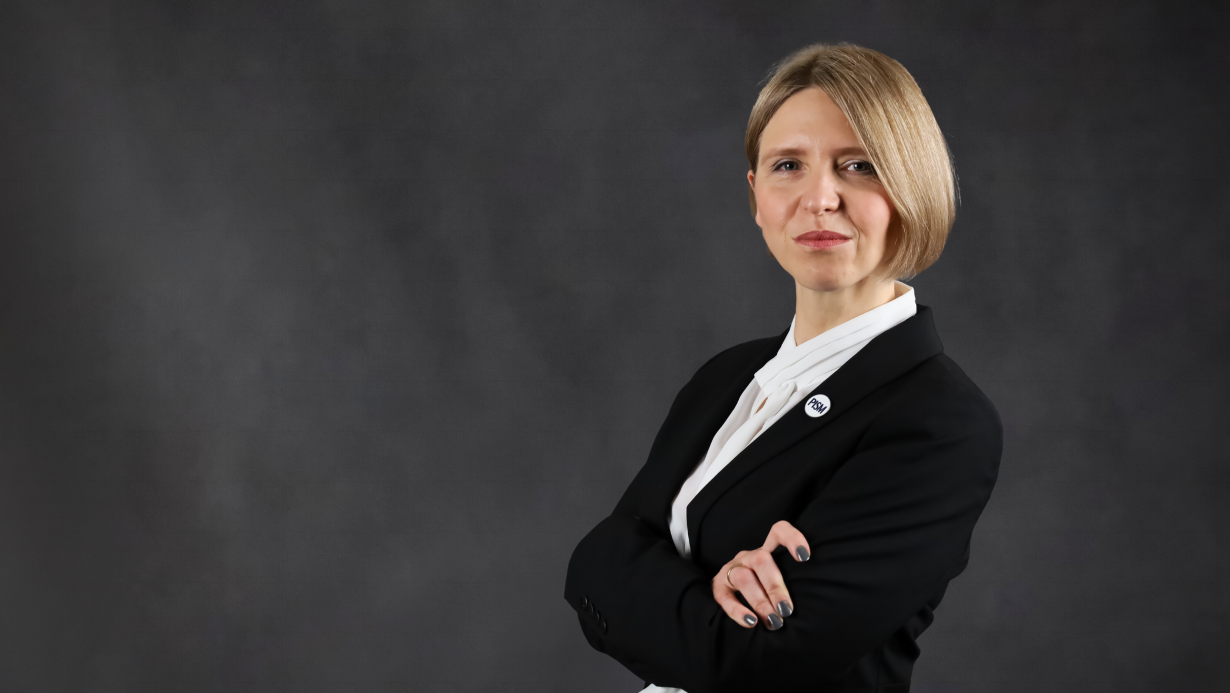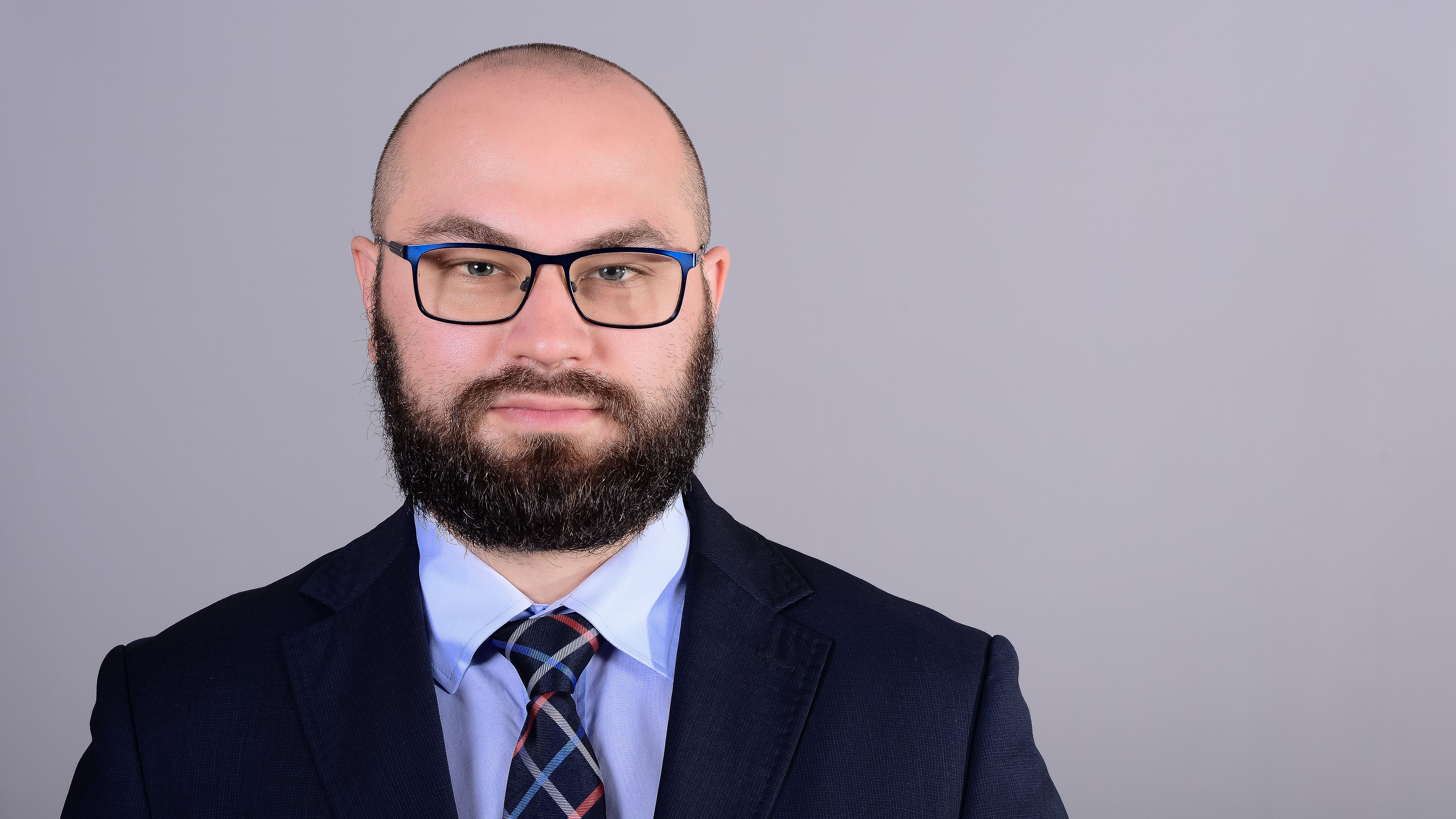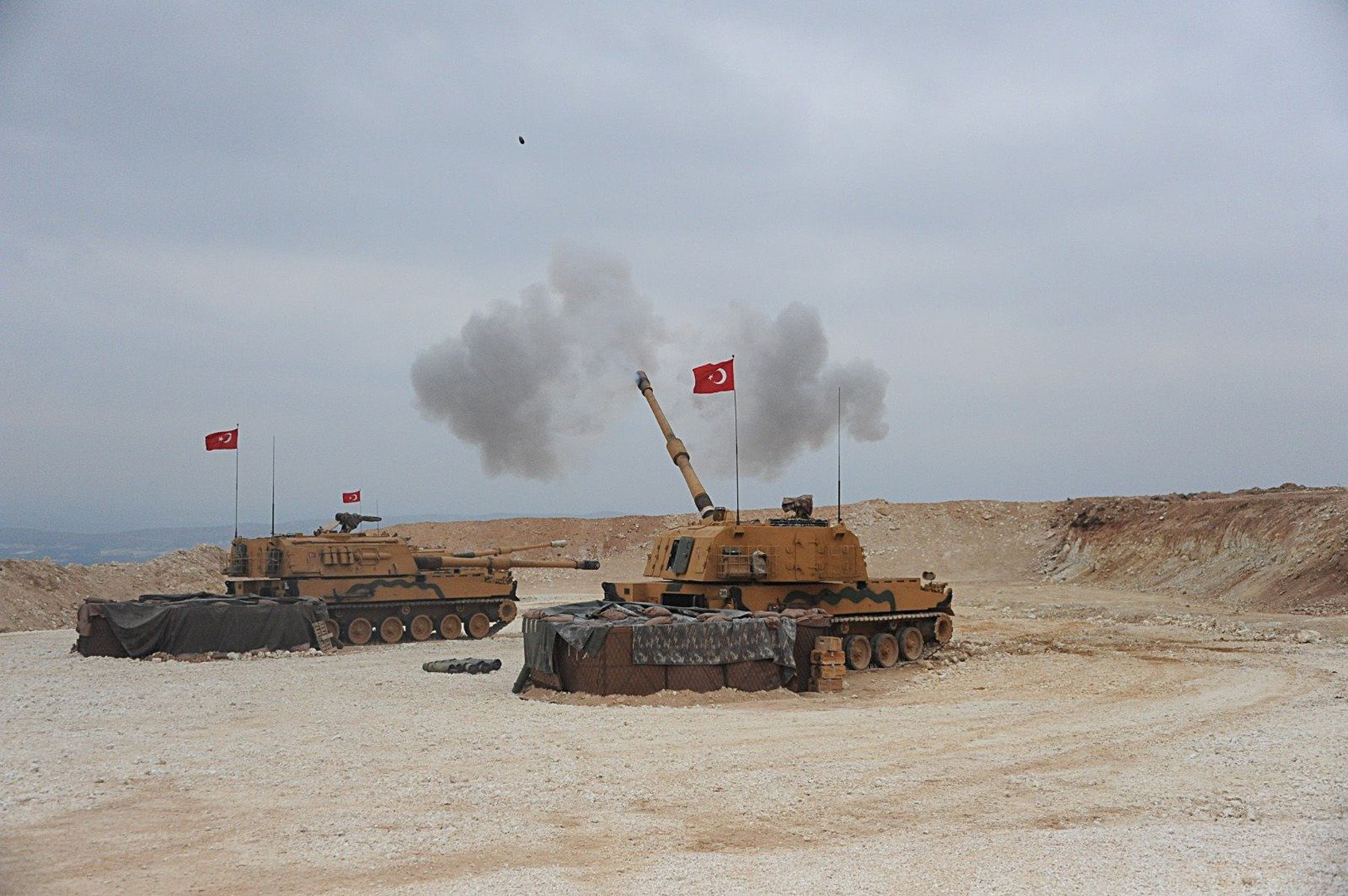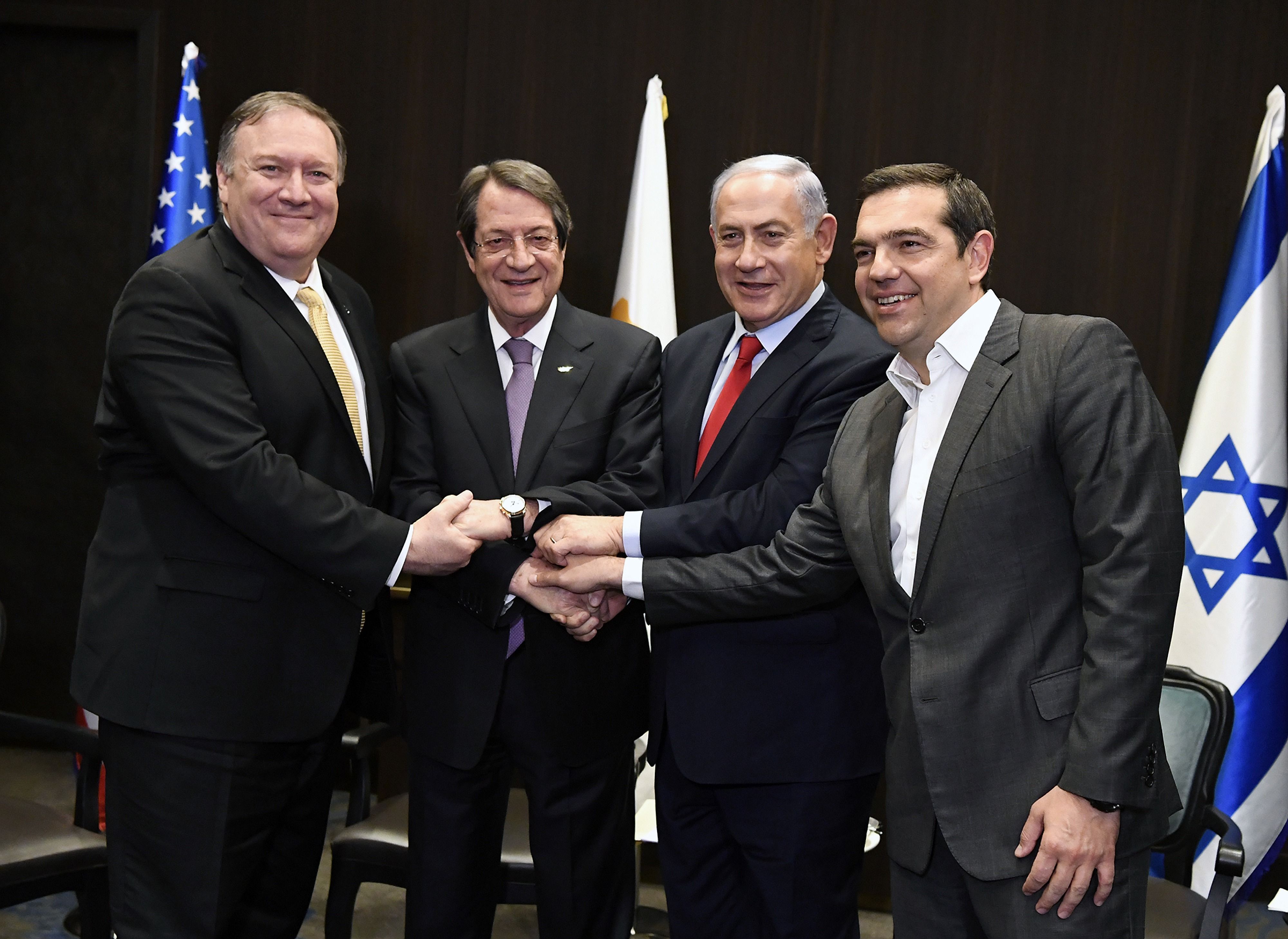The Turkish-Russian Agreement on Syria
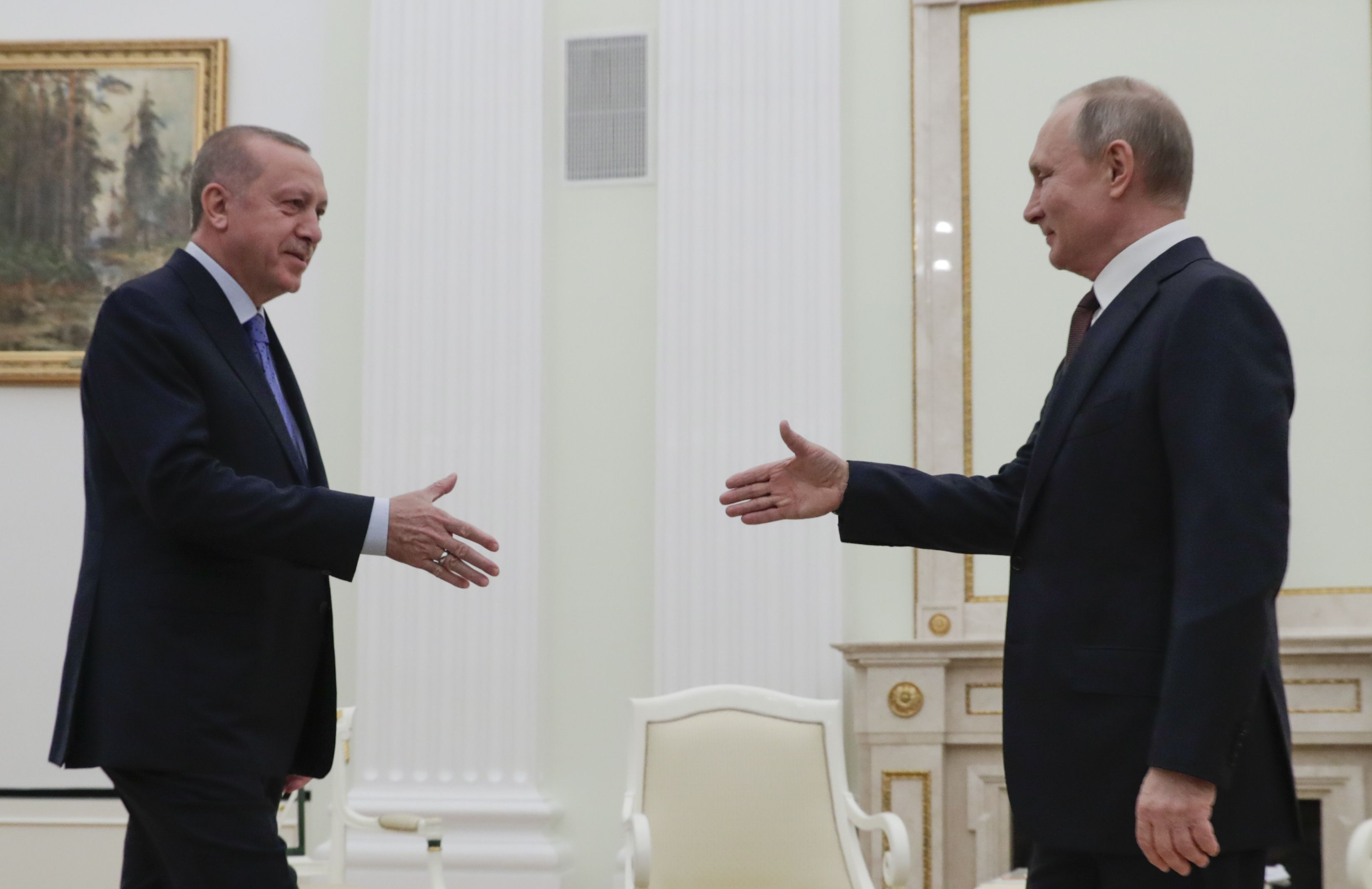
What led to the Erdoğan-Putin meeting?
In December 2019, Assad’s forces, actively supported by Russia, launched an offensive to take full control of Idlib, a Syrian province on the Turkish border. Under the 2018 Turkish-Russian Sochi agreement, the territory constitutes a “de-escalation zone” under Turkish tutelage. Assad’s offensive gained momentum in February this year, together with an increase in attacks on Turkish soldiers in the province. The most serious incident occurred on 27 February when 36 Turkish soldiers were killed. The attack was most likely carried out by Russian air forces, but the Turks accused Assad of carrying it out. In retaliation, they began bombing Syrian troops with drones and, on 1 March, began what they called Operation Spring Shield. They also demanded Assad’s troops withdraw from Idlib. Erdoğan’s meeting with Putin was supposed to stop the fighting between the forces.
What is at stake for Turkey and Russia in Idlib?
Turkey sees its presence in Idlib as a bargaining chip in negotiations on the future of Syria and supports the opposition to put pressure on Assad. Also, Erdoğan is concerned that the escalation could lead to an inflow of more Syrian refugees to Turkey (Idlib has a population of 4 million, half of whom are internally displaced persons). This would be a challenge for Erdogan’s authority and Turkey’s internal stability. Russia wants Assad to regain control of all Syrian territory. Ultimately, Russia would like Turkey to withdraw from the north of Syria, to recognise the legitimacy of the authorities in Damascus, and to see the start of negotiations between the Assad regime and the Kurds. This would strengthen Russia’s position in the region, weakening the influence of other countries, especially the U.S. and Iran. Then, Russia could present itself as a proven, effective mediator in Middle Eastern conflicts.
What did the presidents of Turkey and Russia agree, and what issues remain unsolved?
Turkey and Russia announced a ceasefire in Idlib starting from midnight on 6 March. For economic and strategic reasons (for example, resupplying troops) they agreed to create a “safety corridor” 6 km deep both north and south of the M4 highway, which connects the port city of Latakia with Saraqib, Aleppo, and other areas. The rules governing the use of the “corridor” will be defined by the Turkish and Russian defence ministries in seven days from the agreement. The territorial integrity of Syria and the intent to eliminate all “terrorist” groups were confirmed. The agreement does not specify what will happen to the Turkish observation post established under the Sochi agreements and which is currently in territory occupied by Assad’s forces.
Is there a chance that the situation in Idlib will lead to the collapse of Turkey-Russia cooperation?
Despite conflicting regional interests, Turkey and Russia are interested in further cooperation. They are prompted to do so by falling energy prices and economic difficulties. The two countries are interdependent: in January, the TurkStream gas pipeline was launched, which Russia wants to use to send gas to Europe, and the Russians are also building a nuclear power plant in Turkey. The collapse of relations would be unfavourable to Turkey for economic reasons—the Russian authorities could block the sale of Turkish products (i.e., tomatoes) and limit tourist traffic (Russians are the largest group of tourists in Turkey; last year, 7 million visited the latter country). The Turks are also afraid that if relations worsen, the Russians will resume support for the Kurdistan Workers’ Party, considered a terrorist group.
What consequences does the situation in Idlib portend for the EU and NATO?
In the coming weeks, the Turks will intensify their efforts to gain the support of Western allies to create a security zone in the north of Idlib. This is the only way to maintain their presence in the Syrian province, viewing that as crucial to stopping an influx of refugees into Turkey. These activities may include both diplomatic initiatives and, especially concerning the EU, the threat of triggering another migration crisis. Also, realising that in the long run, it is impossible to maintain a ceasefire without introducing a no-fly zone over the province, the Turks will continue their efforts aimed at NATO allies to deliver Patriot missile batteries to Turkey’s southern border.


